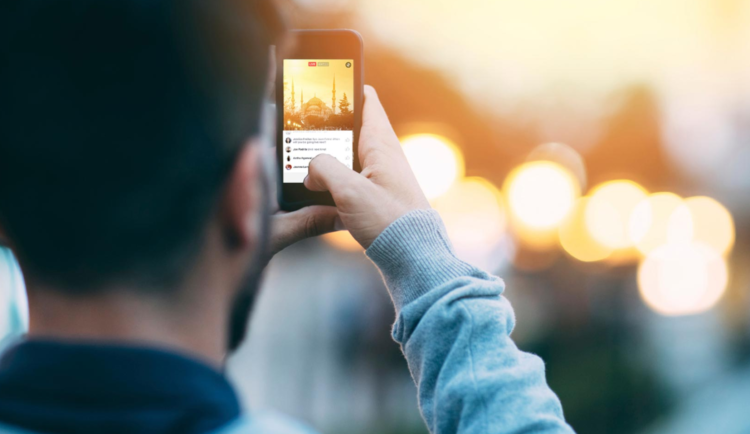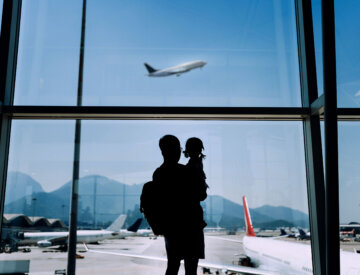The folks from L2, a think tank based in New York, recently issued their Mobile IQ Prestige 100 report, studying a hundred of the most prestigious brands in the world, operating in five categories: Beauty & Skincare, Fashion, Hospitality, Retail, Watches & Jewelry.
All luxury brands, known to be on the cutting edge of customer service and technology to service them. The hospitality segment, was comprised of 20 hotel brands such as Intercontinental, Mandarin, Ritz Carlton, Marriott, Hyatt, Accor, Starwood, Fairmont and Hilton. Yet, while these brands may be iconic, it appears they are also somewhat immobile.
As of December 2011, 70% of the Prestige 100 brands surveyed had a mobile app, 66% had a mobile-optimized site, and 52% had both. Shockingly, 1 in 6 (16%) had neither!
A very thorough study
The methodology used gave importance to brands’ mobile sites, based on various criteria both for mobile and tablets. Points were also given for mobile apps, mobile marketing efforts (SEO, email, SMS) and overall innovation and integration, i.e. use of Foursquare, promotion via other social media, QR codes, etc.
Once the scoring tabulated, brands were split into one of five categories, based on their overall score, ranging from Genius to Gifted, to Average, to Challenged and, finally, Feeble. A key finding from the report is that almost half (44%) the brands in the Index register as “Feeble”, demonstrating clearly that little efforts in mobile are a common trait among the prestige sector.
A light of hope for the hospitality sector
Looking at the Mobile IQ distribution by industry does shed some light of hope for the hospitality sector.

First of all, even though its median score of 86 puts it in the “Average” category, this makes it second-best after the retail industry. It should also be noted how little disparity there is between the 20 hotel brands, with only 62 points separating the best performance (Intercontinental Hotels & Resorts) from the worse (The Peninsula Hotels).
Top 10
Looking at the rankings of the hundred brands included in the survey, we find only one hospitality brand in the top 10: Intercontinental Hotels & Resorts, ranked 9th.
In the chart below are other hospitality brands that made it into the top 40 of this survey:
Impact on consumer opinion
Another key finding relates to the impact of mobile applications on public opinion, particularly since iTunes Store has been using its algorithm taking into account qualitative information such as app user reviews, comments and frequency of usage.
Thus, in the much-coveted Travel category list of the Top-200 Free iPhone Apps, Marriott had the highest placement. Hospitality brands perform better than other industries in this aspect, as per the graph below.

Location-based services
It is estimated that only 5% of Americans use location-based applications such as Foursquare. Yet, these users represent a higher-value demographic than average, with a skew towards younger, higher income and more active on social media, engaging with brands and sharing experiences. Surprisingly, only one hospitality brand made it into the top 10 brands with most followers on Foursquare: Four Seasons Hotels and Resorts, with 15, 797 followers as of December 2011.
On the flip side, however, consumers do check-in quite a lot and hospitality brands register four brands among the top 10 for location check-ins, as per the graph below.
Cross-promotion
Another surprise that comes from reading this report is to see how mobile efforts reside in a silo when looking at the overall travel marketing eco-system of these brands. 82% of brands surveyed link their main website with Facebook, 66% promote their Twitter account, 39% do likewise with Youtube… but only 28% of brands who have developed mobile apps promote them on their main site!
In closing, I can’t help but highlight the example made of Intercontinental Hotel Groups (IHG). Having invested with multi-platform app development, it appears to be paying off. In 2009, mobile bookings represented $2.5 million. In 2010, this went up to $38 million. And it is estimated that bookings will have exceeded the forecast of $130 million in 2011.
So is 2012 finally the Year of Mobile? It seems to be the case, and every marketer in the travel industry ought to be paying attention, because customer behaviors are changing, and we need to adapt or be left behind.













Leave a Reply